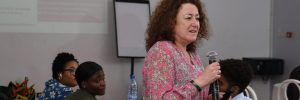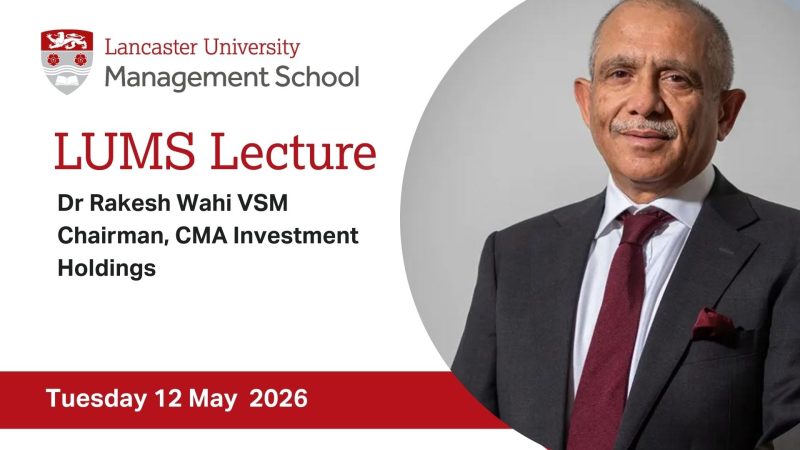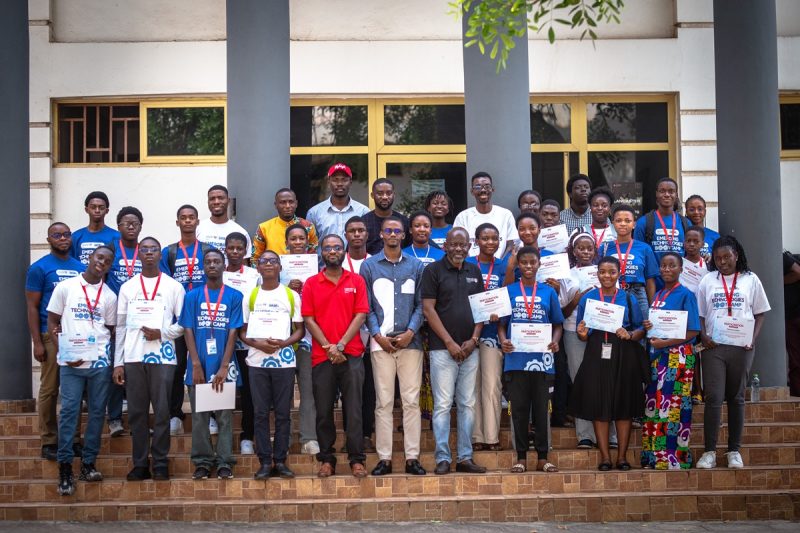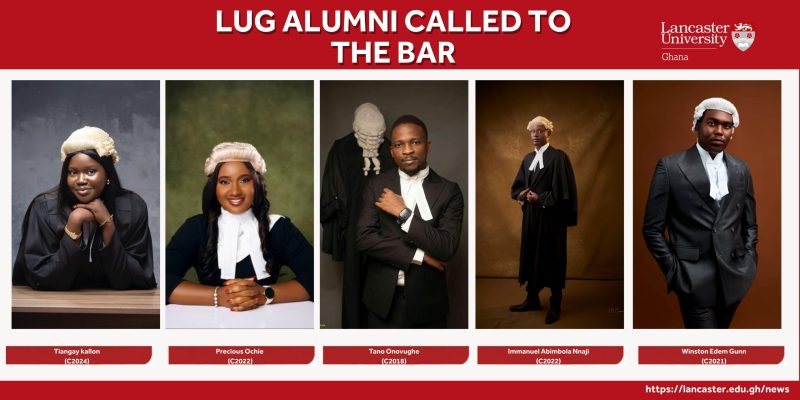From 31st January to 2nd February, 2020 our 5th Executive MBA cohort took the Business Ethics and Sustainability module with Dr Alison Stowell, Senior Lecturer Of Lancaster University Management School (LUMS).
During this trip to Accra, Dr Stowell facilitated a Breakfast Seminar on 30th January, 2020 at the Holiday Inn, which brought current and prospective MBA students, as well as some of our corporate partners from different industries together.
At the seminar, which had the theme 'Managing Resources in the Circular Economy’ Dr Stowell challenged the attendees to analyse their organizational practices and determine what waste means to their organisations. She asked two questions at the beginning of the session: “What does waste mean to you and your business?” and “What do you think of waste work?” Interestingly, only one person present stated that if he had the opportunity he would work in the waste sector, which allowed Dr Stowell to prove the point that people generally have a negative view of the waste sector.
Dr Stowell worked in the public and private sector for over fifteen years before becoming an academic, and shared that during her time working with IBM that she began to wonder what happened to the technological parts after use. It was then that she started to think deeper about waste and recycling.
The participants were split into groups and tasked to perform a simple resource audit, where they chose a simple operational practice at work or simple product their organization created, then examine what resources are needed to create these products or cause these processes to take place, and then think about one discarded resource. Participants were then asked to discuss their findings and then present them to the larger group, including answers to the question ‘how can I manage my risks?’ During this exercise these attendees brought together their experiences from different industries and backgrounds, leading to great knowledge exchange.
For the second part of the session, Dr Stowell led a discussion on the Circular Economy, and told the audience to think about how we can design out waste, keep resources in use, and regenerate. She stated that in the old way of doing things we were all taught to take things, use them and discard them, but now there is a new system, and below are some questions to help us develop circular thinking:
- “Where in my organization do we not need the most high tech computers for day to day functions?”
- “How do we bring used or discarded resources back into the production process?”
- “How do we replace more harmful materials with more bio-friendly or eco-friendly materials?”
- “Where can our paper systems be virtualized? How does this impact our electricity consumption?”
Dr Stowell stressed on the need to strive to use resources effectively rather than efficiently, and shared how Lancaster University had come up with several initiatives to manage resources effectively, including the use of wind turbines on campus, and encouraging the use of recycled coffee cups made from bamboo. She also shared how some companies had also started thinking ‘circularly’ citing an example of a company in Denmark that makes jeans, then recycles old jeans into stuffing for sofas and cushions. Many companies have also started recycling initiatives where customers are told to return their old or faulty products in exchange for newer ones.
In conclusion, Dr Stowell challenged all the attendees to think of processes systematically, and always try to answer the question ‘how does one practice relate to others?’
Click here to view images from the seminar.
Alison Stowell's research interests focus on social and organisational responses to the challenges of waste. Her specific areas of interest include: Organisation and management responses, waste policy, negotiating values attributed to waste and waste as a particular type of work. Although, for the past 10 years her preoccupation has focused on electronic waste (e-waste e.g. computers, laptops, mobile telephones etc), her curiosity relates to most forms. She currently teaches different modules at the undergraduate and postgraduate level in Lancaster University, UK.




